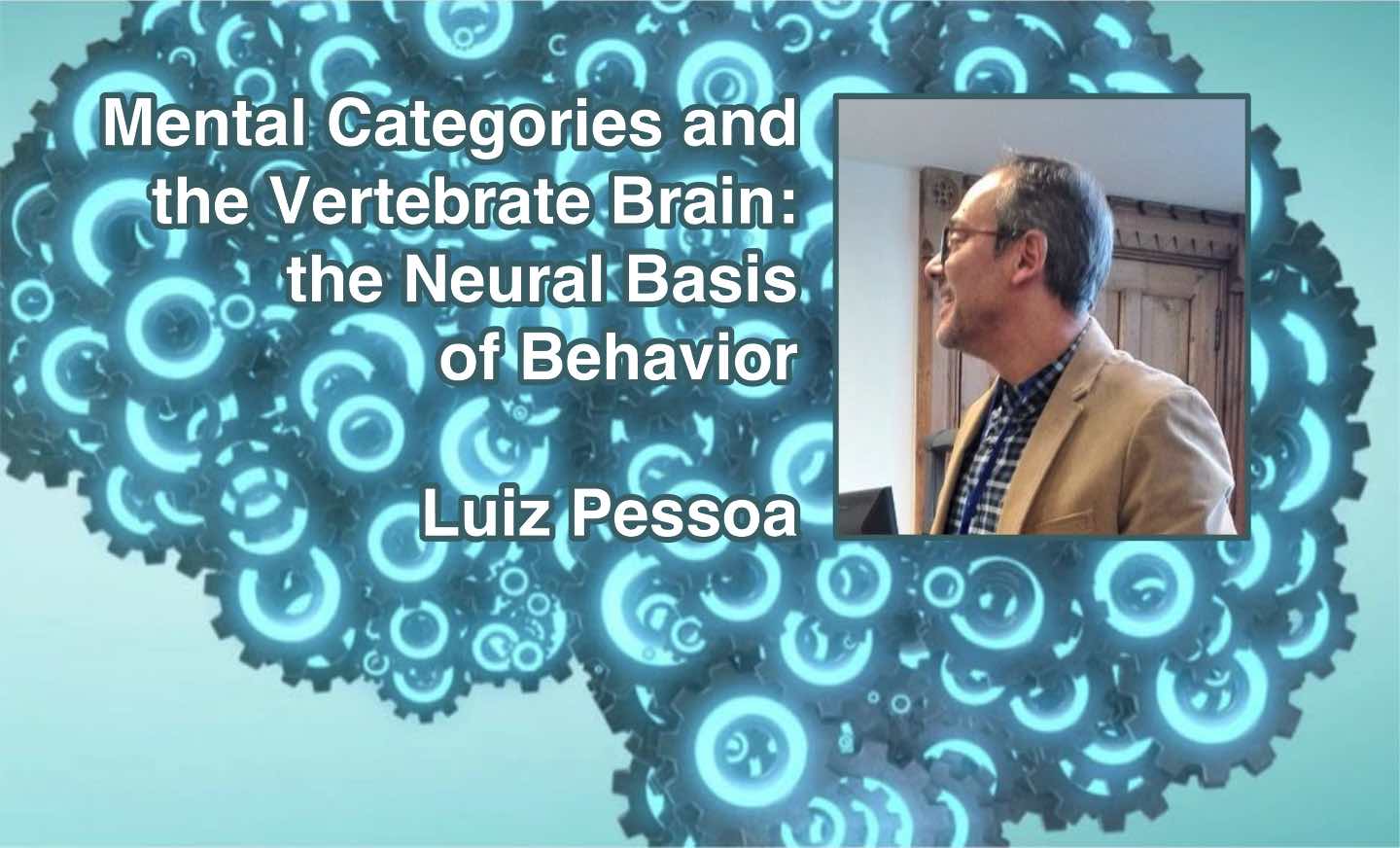
Abstract. Mental terms—such as perception, cognition, action, emotion, as well as attention, memory, decision making—are epistemically sterile. We support our thesis based on extensive comparative neuroanatomy knowledge of the organization of the vertebrate brain. Evolutionary pressures have molded the central nervous system to promote survival. Careful characterization of the vertebrate brain shows that its architecture supports an enormous amount of communication and integration of signals, especially in birds and mammals. The general architecture supports a degree of “computational flexibility” that enables animals to cope successfully with complex and ever-changing environments. Here, we suggest that the vertebrate neuroarchitecture does not respect the boundaries of mental terms, and propose that situating research in terms of behavior systems provides a more promising approach.
Mental Categories and the Vertebrate Brain:
the Neural Basis of Behavior
We are excited about the next Neural Mechanisms webinar this Friday. As always, it is free. You can find information about how and when to join the webinar below or at the Neural Mechanisms website—where you can also join sign up for the mailing list that notifies people about upcoming webinars, webconferences, and more!
Luiz Pessoa (University of Maryland)
28 May 2021
h14-16 Greenwhich Mean Time / 16-18 CEST
(Convert to your local time herel)
Join the session (up to 10 minutes early) | Read the paper
Related: How to connect to Neural Mechanism Webinars


